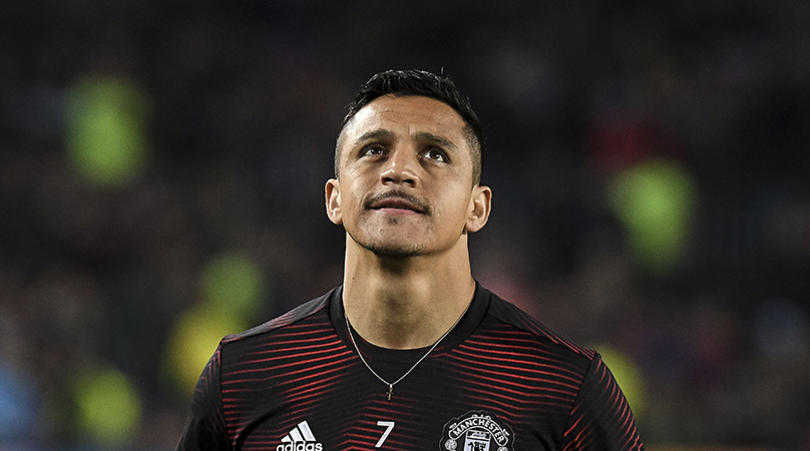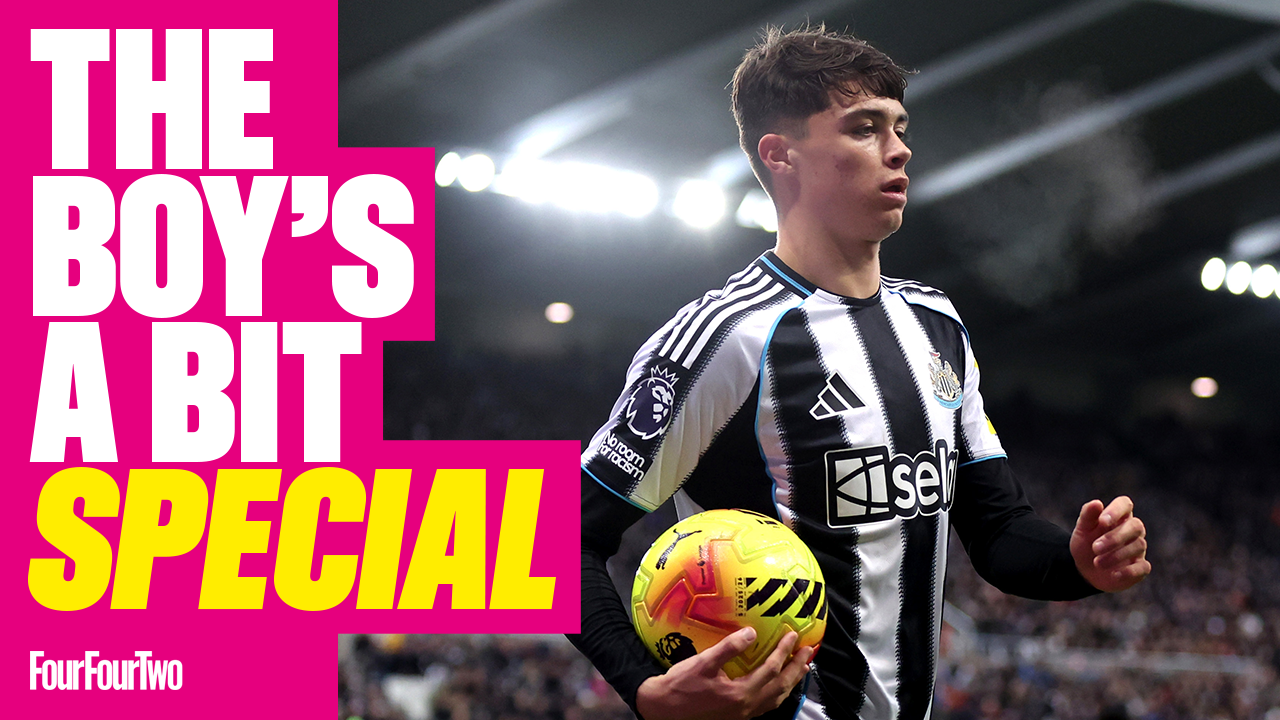The 8 weirdest loan signings in Premier League history
So far, so quiet on arrivals this summer – but history suggests a bizarre lunge isn’t usually far away. Eh, Arsenal?
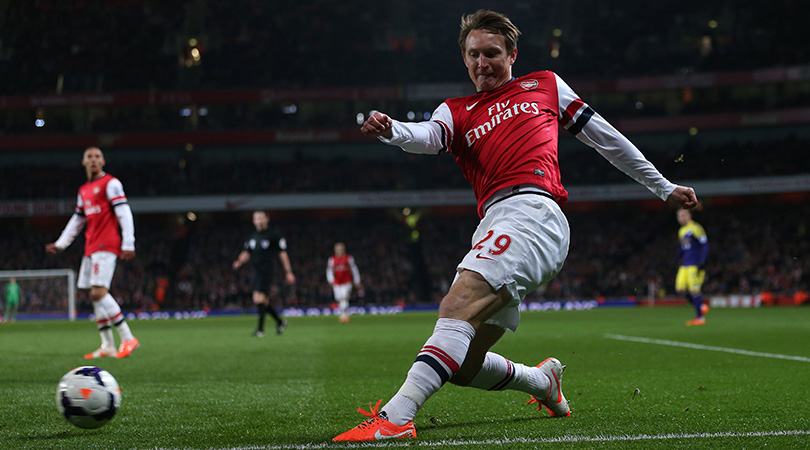
The best features, fun and footballing quizzes, straight to your inbox every week.
You are now subscribed
Your newsletter sign-up was successful
Want to add more newsletters?

Five times a week
FourFourTwo Daily
Fantastic football content straight to your inbox! From the latest transfer news, quizzes, videos, features and interviews with the biggest names in the game, plus lots more.

Once a week
...And it’s LIVE!
Sign up to our FREE live football newsletter, tracking all of the biggest games available to watch on the device of your choice. Never miss a kick-off!
Join the club
Get full access to premium articles, exclusive features and a growing list of member rewards.
Steven Caulker (QPR to Liverpool, 2016)
Which of England's one-cap, one-goal wonders made three substitute appearances as a striker for Liverpool in January 2016? Surely Francis Jeffers wasn't still knocking around Merseyside by that stage?
The answer, of course, is centre-half Caulker. By early 2016 his nomadic career had taken him to Southampton, where his final start came in a 6-1 League Cup thrashing by… well, Liverpool. Hardly audition material, but Jurgen Klopp was impressed enough by Caulker's aerial strength to target him on loan in the transfer window. The Saints duly agreed to terminate their own season-long arrangement with QPR and player.
Caulker got a sole start for the Reds in his preferred position, but before then Klopp channelled his best Stuart Pearce impression to send the strapping stopper on as a makeshift attacker not once but three times.
It wasn't the worst idea, either: Caulker was twice on the premises as Liverpool scored late goals against Arsenal and Norwich, but personal problems meant he wasn't seen in a Reds shirt beyond the end of the month.
Andy Goram (Motherwell to Manchester United, 2001)
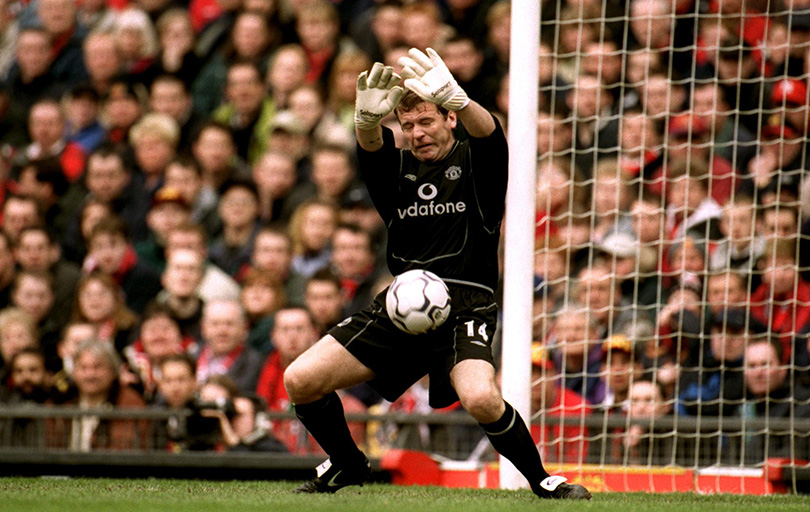
Goalkeeping loans tend more towards the left field than other temporary moves, but Sir Alex Ferguson's SOS for a maverick 36-year-old compatriot known only as 'Goalie' came from another stadium altogether.
The best features, fun and footballing quizzes, straight to your inbox every week.
Motherwell were preparing to release Goram when the scarcely-believable call came from Fergie, who was aiming to rest his front-line keepers ahead of a Champions League tie with Bayern Munich. Goram was initially suspicious, only for Fergie to call back gruffly offering "10 seconds to say aye or naw".
Goalie said 'aye' and, in keeping with a career and character which at times verged on chaotic, he variously: had a running feud with Roy Keane, picked up a Jaap Stam backpass, was substituted in each of his two appearances and started in goal on the day United secured a third successive league title. He was there two months. It was fun while it lasted.
Denis Suarez (Barcelona to Arsenal, 2019)
It doesn't take much to make a transfer 'saga' in today's digital news landscape, where each dotted 'i' and crossed 't' provides an irresistible opportunity to court clicks.
But given the excitably incremental reporting of January's pursuit of bit-part Barcelona man Suarez, Arsenal fans might have expected more than a flimsy facsimile of mid-noughties opinion-splitter Alex Hleb at his most lightweight – minus the occasional end product.
The sight of Suarez dutifully abandoning his warm-up routine after a third Unai Emery substitution became a familiar one for Emirates attendees, and the injured Spaniard ultimately mustered only 67 minutes across four league appearances. Which makes him the club's least convincing loan signing since…
Kim Kallstrom (Spartak Moscow to Arsenal, 2014)
The Swedish midfielder did at least manage one Premier League start during his 2014 spell in north London, and one telling contribution – a successful shoot-out spot-kick in an FA Cup semi-final against Wigan which arguably helped prolong Arsene Wenger's time as manager.
Kallstrom, whose distinguished international career took in five major finals tournaments, later called that Wembley cameo "the greatest 15 minutes of my life".
But Wenger's decision to proceed with a January deadline-day deal for the 31-year-old – despite a medical clearly revealing damaged vertebrae which would keep him out until March 25 – did nothing to alter growing criticism of the Arsenal boss as out of touch in the transfer market and a nurturer of footballing-but-feeble acolytes.
Alexandre Pato (Corinthians to Chelsea, 2016)
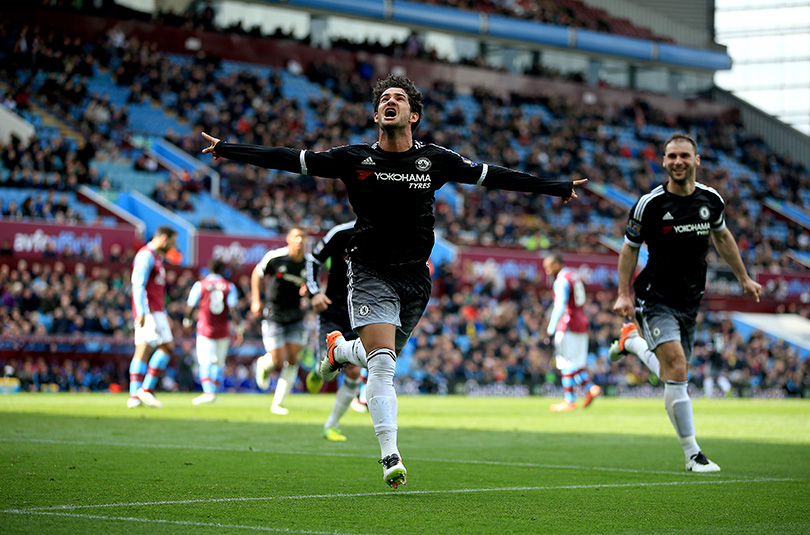
Chelsea could help fill this list on their own thanks to their lust for one-time wonderkids on a downward curve. Ricardo Quaresma fitted the bill upon his 2009 arrival, while Radamel Falcao was recruited in 2015 despite his Manchester United misadventure.
The failures of both were widely foreseen, and even fewer outside Stamford Bridge expected much from Pato when Chelsea brought him to London in January 2016. The forward's initial impact in Milan had waned after a succession of injuries, and at just 26 he was a spare part back in Brazil at Corinthians when the Blues took a punt on reputation.
Pato spent weeks getting himself match-fit – and cultivating some Lord Lucan-style facial fluff – before eventually making his debut on April 2. And although he did score from the penalty spot at doomed Aston Villa, it was one of only two Blues appearances.
Andy Booth (Sheff Weds to Tottenham, 2001)
No Tottenham supporter was claiming elite status in 2001, but the January loan signing of a second-tier striker without a league goal since August seemed like a desperate lunge from director of football David Pleat who oddly declared: “He's been stuck in the Sheffield Wednesday syndrome for the last three or four years.”
In mitigation, Spurs were in a tight spot following an injury to Les Ferdinand, rules at the time didn’t allow loan deals between top-flight peers and Pleat knew Booth well from their time together at Hillsborough.
Ferdinand opened doors for Booth in more ways than one, supplying the Yorkshireman and his wife with a stream of guest-list passes for the capital's swishest nightspots. But time was called on the short-term arrangement well before last orders, Booth returning north in early March without having troubled goalkeepers. "I was ready to get back to Yorkshire,” he later said.
Andy Kellett (Bolton to Manchester United, 2015)
“I thought it was a wind-up.” A phrase straight from the media training manual for footballers eager to show a self-effacing side after a big transfer/international call-up/place in Garth Crooks' Team of the Week.
Rarely can it have been more genuinely employed than in the case of Kellett, the Bolton defender who by one measure was the worst player in the Championship when United – actual Manchester United – demanded him as part of a loan swap early in 2015.
The statistical slight might have been unfair on Kellett, who had in fact spent most of the season on loan in League Two and was signed as an extra body for United's reserve side. Still, some journalists on the Manchester beat claimed that Louis van Gaal was an admirer, while Bolton boss Neil Lennon spoke of “the opportunity of a lifetime” for the 21-year-old.
Sadly it passed, but the shock of the deal is best summed up by a Wikipedia entry surely never to be repeated about any other footballer: “Manchester United beat off competition from Plymouth to sign Kellett.” He’s now preparing for life in the National League with Notts County.
David Pizarro (Roma to Manchester City, 2012)
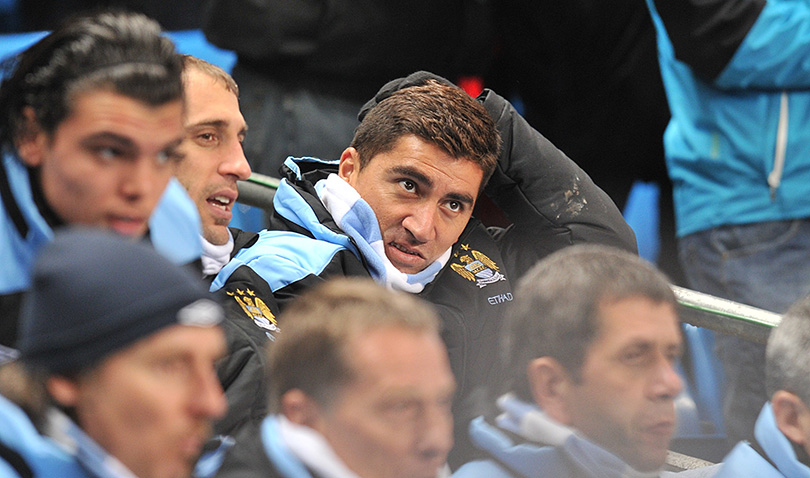
“Is David Pizarro the final piece in the Manchester City jigsaw?” asked an overblown headline when Roberto Mancini signed his former Inter midfielder to help with City's push for a first English league title in 44 years. In fact, they very nearly went to pieces.
Pizarro was earmarked as cover for Yaya Toure, who was away at the Africa Cup of Nations, and the Chilean's string of steady substitute appearances could hardly be blamed for City's concession of a five-point lead at the top in early spring.
But when the time came to show up as Toure's understudy, following injury to the Ivorian at Arsenal on Easter Sunday, Pizarro fluffed his lines and his mistake allowed Mikel Arteta in for a late winning goal.
City were eight points behind Manchester United with six games to play at that stage, and a memorable late-season title charge was completed without another minute's contribution from their January arrival.
While you're here, why not take advantage of our brilliant subscribers' offer? Get 5 issues of the world's greatest football magazine for £5 – the game's greatest stories and finest journalism direct to your door for less than a pint in London. Cheers!
NOW READ
QUIZ! Can you name Manchester United’s last 50 signings?
INSIGHT Awaydays: How we made the best soundtrack in football film history – with no money
 Join The Club
Join The Club










